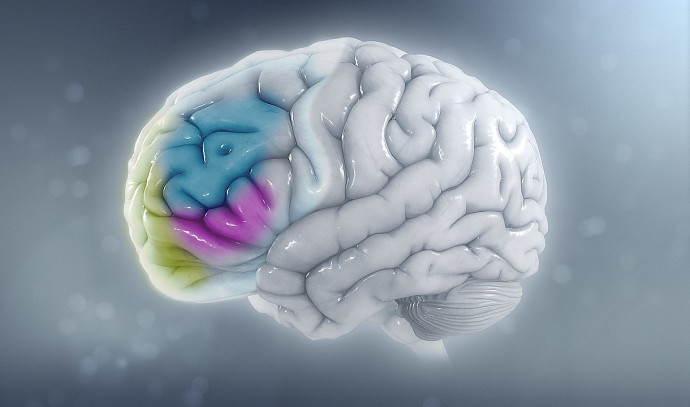New evidence supports the hypothesis that ADHD is not a psychological disorder, rather a condition brought about by genetic and evolutionary factors: A new study reveals that even early humans had ADHD, but that this condition helped them survive in the wild.
The findings were published in the latest issue of the scientific journal Proceedings of the Royal Society B.
ADHD is a neurodevelopmental condition that affects approximately 4% of adults and 11% of children. Symptoms include inattention, disorganization, forgetfulness, impulsivity, and hyperactivity. Without treatment, this can lead to accidents, addictions, relationship difficulties, and work problems.
In recent years, it has been found that the condition is related to several specific genes and even a different brain structure than in individuals without the disorder. In the new research, scientists sought to find the genetic roots of the condition, speculating that it existed in early humans and provided them with a survival advantage.
A study from 2008 already found certain genetic mutations related to ADHD among primitive tribal populations in Africa. These populations exhibited an “exploratory” behavior that helped them hunt and find new food sources.
Finding if ADHD helped hunter-gatherers through an online game
Researchers from the University of Pennsylvania, in collaboration with the Indian Institutes of Technology, have now recruited a sample of 457 Americans who were asked to participate in a computer game where they were required to collect as many fruits as possible in a virtual forest within a given time frame. Participants could choose to stay in a site known to have food or explore other options. Subsequently, participants were tested for ADHD.
The researchers found that those who tested positive for ADHD gathered an average of more forest fruits than those without the disorder. Researchers concluded that the impulsive component of ADHD may provide a competitive advantage, as individuals with ADHD learn from competitors and “catch” new methods that give them an edge and progress in achievements.
“There is no doubt that ADHD has a deep genetic basis and has existed since the dawn of history,” said Prof. Iris Manor, a specialist in child psychiatry and director of the ADHD unit for Israel’s Clalit health fund.
“It is evident that the frequency of the disorder is more or less similar worldwide,” Manor continued. “The survival advantage that ADHD provided to our ancestors is still not clear, but it is known today that ADHD also involves changes in inflammatory and stress-related components such as cortisol-stimulating hormone, which may have played a role in human hunting.”

Sarah Carter is a health and wellness expert residing in the UK. With a background in healthcare, she offers evidence-based advice on fitness, nutrition, and mental well-being, promoting healthier living for readers.








